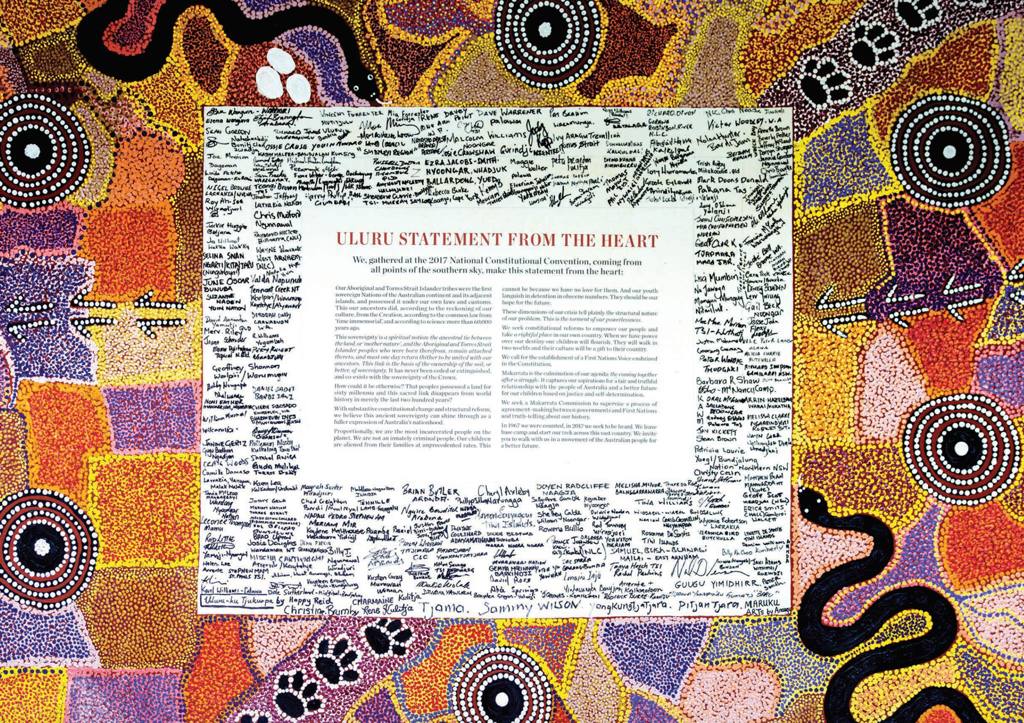
I strongly believe that it will be good if the Australian Constitution is changed to recognise Aboriginals and Torres Strait Islanders as the original inhabitants and owners of the country, and to establish a permanent Aboriginal Voice (to the parliament and government).
The no-campaigners are not a unified group. On one side are those who believe (or want others to believe) that a constitutionally protected Indigenous Voice would give Indigenous people too much power, that it would cause legal chaos. (And yes, unfortunately, there is a small part of that side that is racist.) On the other side are those who claim that such a Voice would do nothing, that it would be like a toothless tiger. Sometimes one side borrows an argument from the other, for example, that the Voice would be another layer of bureaucracy, advice from the “Canberra elite”, although this is the exact opposite of the idea behind the Voice.
The memorable catchphrase of the no-campaigners is “Don’t know? Vote no”. Apart from the fact that the obvious answer to ignorance is to find out, the basis of that argument is that the Labor government (as the main proponent of the yes vote) is not giving enough detail about how the Voice would work. However, this lack of detail is an essential part of the proposal. The Australian Constitution gives only general principles of governance. The details are worked out by the parliament. So, even if the Labor Party described details about, for example, how many people would be in the Voice, how they would be elected, etc., the parliament (and future parliaments) would decide on those details. In other words, some current description might, or might not, be the reality. I would be very surprised if the Coalition of Liberal and National Parties did not know this.
That idea (having a constitutionally protected Indigenous Voice) is not new. Several other countries (including, for example, Finland) have had such a system for many years. And their systems of governance did not fall into chaos. Those voices from other countries work more or less in the same way as the current proposed scheme: the group makes requests and suggestions to the country’s parliament, and that parliament either accepts or rejects – or partially accepts – the recommendations. The sky didn’t fall.
Maybe an Indigenous Voice won’t improve the lives of Indigenous people much, or quickly (to “close the gap”), but it would be a good start. So…
Vote “Yes”!